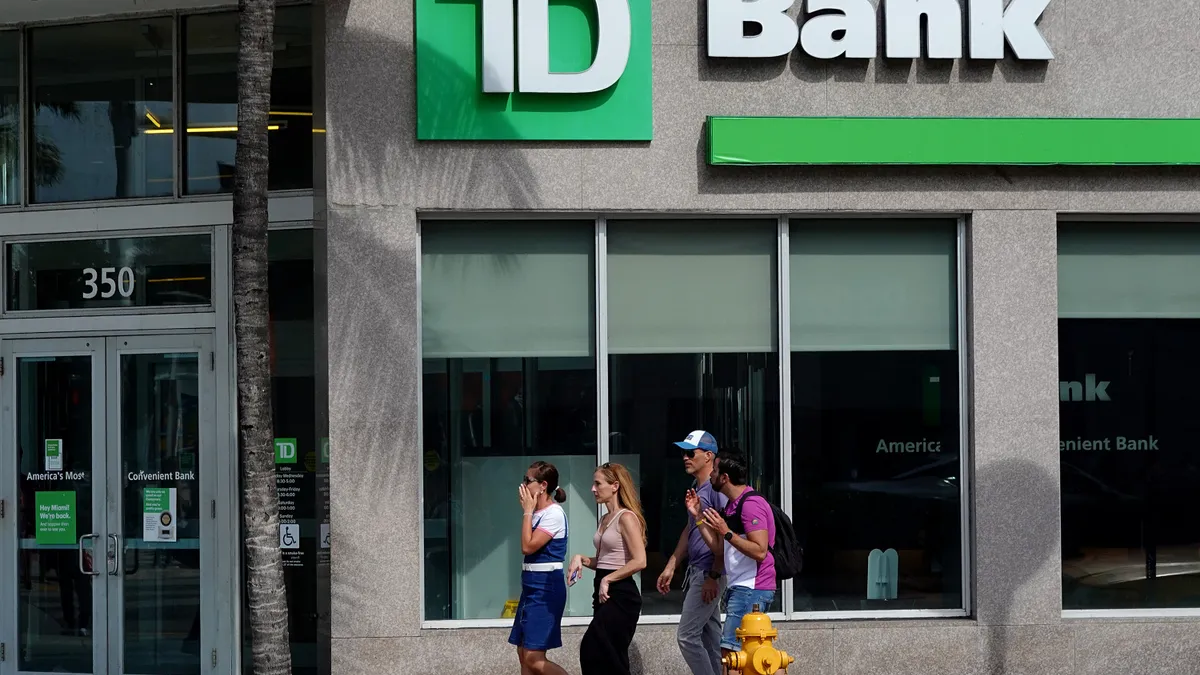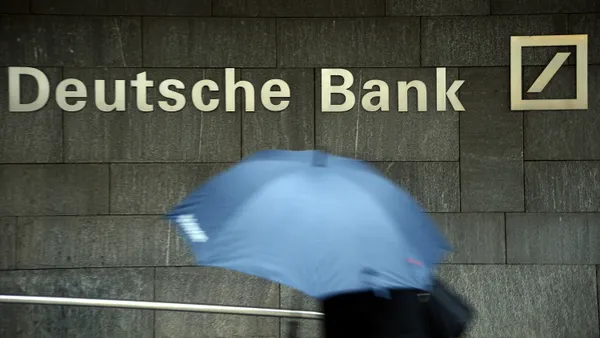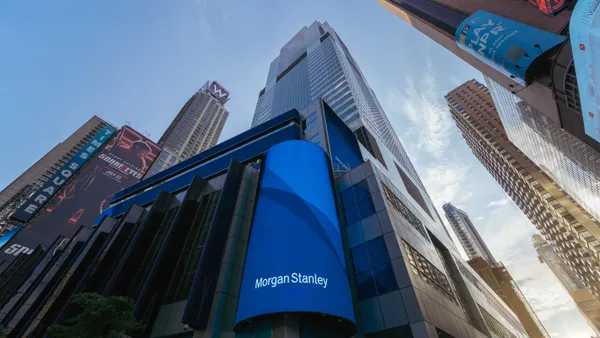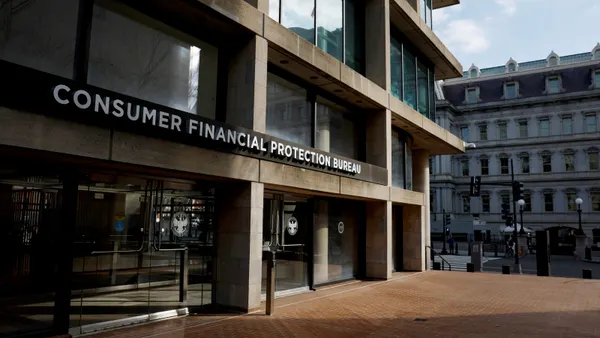Dive Brief:
- TD’s plans for opening a number of U.S. branches have slowed “quite dramatically,” as the bank works through anti-money laundering issues, CEO Bharat Masrani acknowledged Wednesday.
- Additionally, the bank has not only cut some employees over the AML issues, “in other cases, where it makes more sense, people’s compensation has been impacted as well,” Masrani said during an appearance at a Scotiabank conference. “You would expect that, from an event of this size and scale.”
- Masrani, who has been TD’s CEO for a decade, was again asked about succession plans, with an analyst wondering if now is the time for Masrani to step back, amid an investigation by the U.S. Justice Department and several regulators. The CEO didn’t acknowledge the latter question, other than to note he’s “busy” running the business. But he noted TD has a robust succession planning process. There’s a “terrific bench in the bank,” with “consistent performers” who’ve scaled businesses in various markets, he said, mirroring comments he made in April.
Dive Insight:
TD is facing civil and criminal investigations into its U.S. AML program, stemming from an alleged scheme through which traffickers used the bank to launder at least $653 million tied to the drug fentanyl. The Justice Department has said criminals bribed bank employees.
The bank’s expenses have soared as it’s sought to get the AML issues under control. TD has set aside about $3.57 billion to date, for estimated penalties and fines to be paid related to AML matters. The lender has said it expects “a global resolution” on the AML matters by the end of this year.
TD has also invested in its risk and control infrastructure and hiring to address the issues; last quarter’s expenses totaled $11 billion. Executives have said AML remediation expenses are likely to peak in early 2025.
Last year, TD laid out plans to open 150 U.S. branches by 2027, following the collapse of its proposed $13.4 billion acquisition of Memphis, Tennessee-based First Horizon. With the AML probe hanging over the company, analysts have expressed concern over potential “stagnation” of the bank’s U.S. franchise, specifically around growing branch locations.
TD’s U.S. CEO Leo Salom has also addressed the effect of the AML probe on U.S. branch opening plans.
“I know that there’s a lot of questions about what we can and cannot do,” Salom told analysts in May. “As soon as we’re in a position to provide greater clarity on those, we will certainly do that.”
Masrani didn’t provide further details Wednesday on the updated branch plans. He said fixing the AML issues remains the bank’s top priority, and the U.S. unit that serves about 10 million consumers has performed well.
TD spokespeople didn’t immediately respond to a question on the updated number of branch openings in the U.S., or questions on the number of employees fired or facing compensation cuts.
As far as lessons learned from the AML issues, Masrani said the bank aims to deepen accountabilities for various types of risk, from the front lines to the audit function, and better understand risk throughout the organization.
“It’s easy, in a bank of our size, to sometimes not look at accountabilities as clearly as we should,” he said.
Additionally, although the bank has a wealth of information, it’s crucial to coordinate and ensure that the right information gets to the right staff and areas of the bank in real time, he said.














